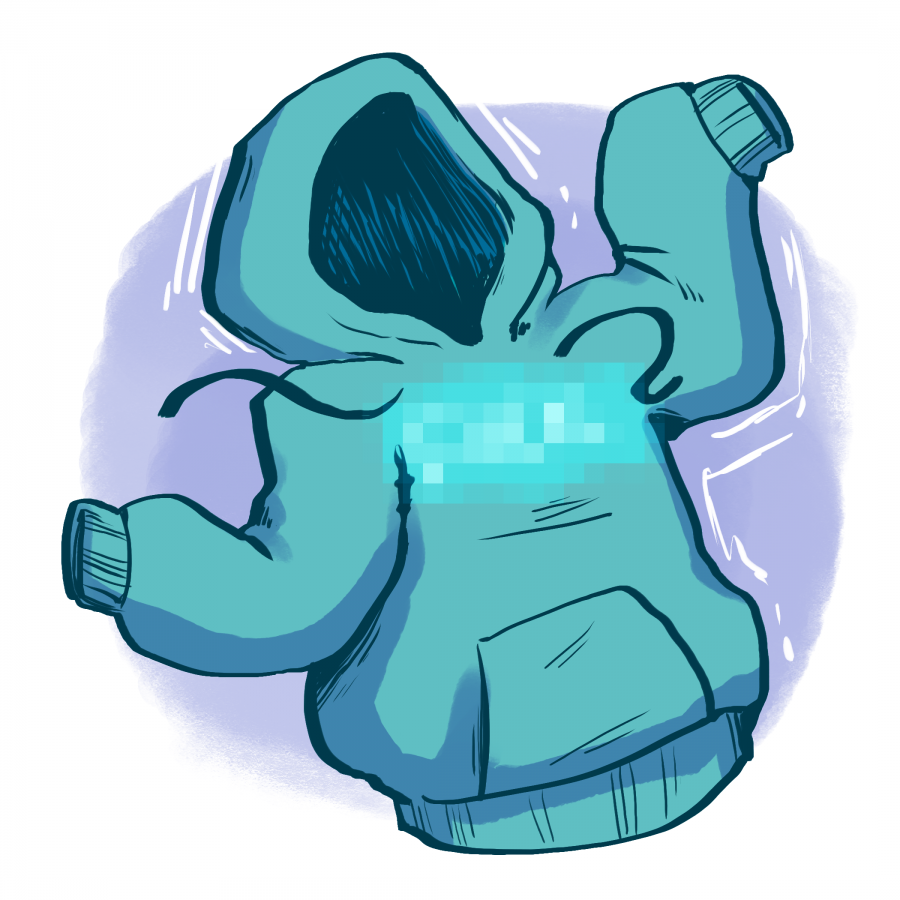A recent H&M advertisement, that has since been retracted, depicts a dark-skinned black boy donning a sweatshirt emblazoned with the phrase “coolest monkey in the jungle.”
Implying that a black child is a monkey is racist. The trope of the black person as an ape goes back to Antebellum slavery and emerged as a way to ridicule and dehumanize black Americans. But the imagery survived the 20th century and has been used to attack the Obama family and describe athletes, like Serena Williams, for their athletic prowess.
Although the hoodie is harmless enough, this offensive historical context evoked an outcry of rage from consumers and celebrities alike. However, the most unexpected response came from the boy’s mother Terry Mango, who suggested that people should just “get over it,” in a since deleted Facebook post.
Mango’s response enraged me more than did the ad because as a dark-skinned black woman, I couldn’t just get over it, and I expected Mango to use her voice to inspire change instead of dismissing the controversy. But, the conversation surrounding the advertisement, exemplified by Mango’s comments, reveals a systemic problem that conceals the actual issue of the company’s lack of consideration for racism. The problem lies with misusing our voices to police how we are allowed to experience racism.
Blackness is not a monolith. It varies intergenerationally, regionally, characteristically. Therefore, there are inevitable differences in the way that people experience their own blackness. In a study by NPR, “respondents reported having different kinds of experiences with discrimination, which varied considerably depending on things like gender, age and where they lived.”
Our upbringings shape us. Our communities shape us. And our experiences with overt racism shape how we understand ourselves and the discrimination we face. But we mustn’t try to use perceptions of our own blackness and mock others for how they react to this ad for example. Instead it would be productive to address the actual problems we face as a community — even those that don’t hurt us as individuals.
The discourse on social media and in op-eds has shifted toward whether or not the ad is racist, but that is the least important point in this controversy. Shifting to focus on how we are allowed to name and understand discrimination gives H&M the space to let this issue fade into irrelevance without actually making any changes.
Whether or not the ad is racist is up for debate, but it is undeniable that H&M has a diversity issue. Understanding the historical and cultural relevance of a black boy being indirectly labeled as a monkey is arguably limited to people who are black, and a question of whether or not the advertisement could be offensive is part of a larger, nuanced argument. However, having diversity in their upper management team would have opened that conversation. But since H&M’s board of directors is comprised of 12 white people, six of whom are women (as the company emphasizes), it did not happen.
Representation is inherently limited in scope, but having no diversity continues to widen the gap in understanding racial and cultural differences. While Twitter real estate is used for debating one another, we are unable to hold H&M accountable for these missteps and confront a more universally damaging challenge.
At the root of activism there must be sensitivity. In understanding blackness, we must acknowledge that there are different experiences of racism. Invalidating someone’s experiences and perceptions only serves to stand in the way of activism. We cannot be progressive without accepting all experiences as valid and important although they will differ from our own.
Campbell is an English junior from El Paso.





















